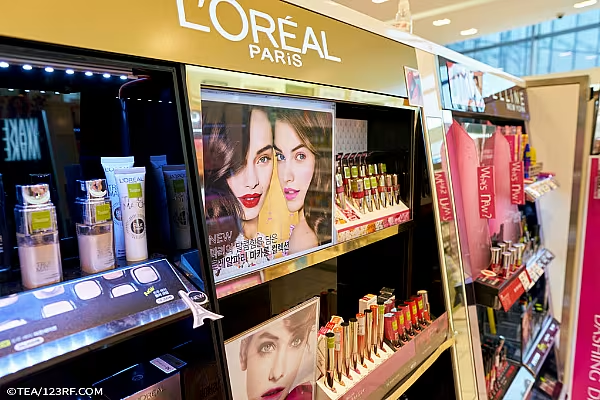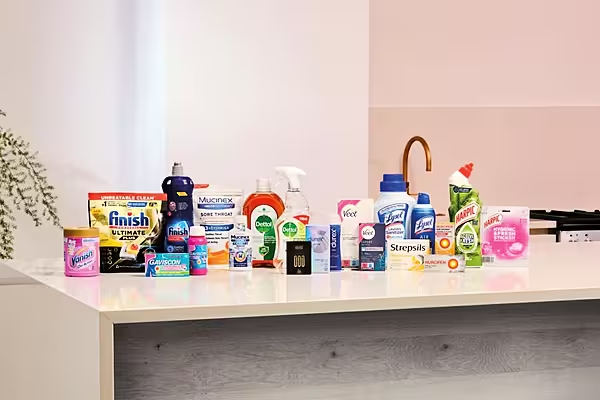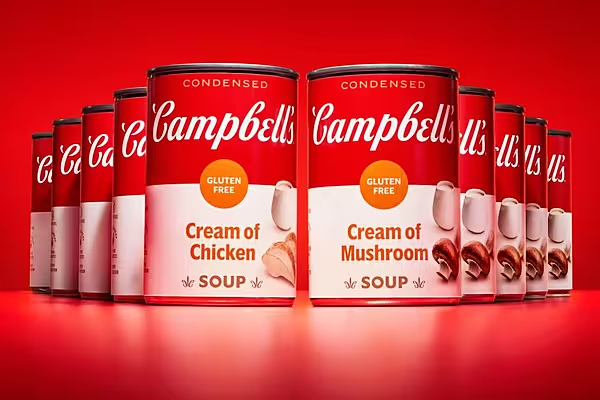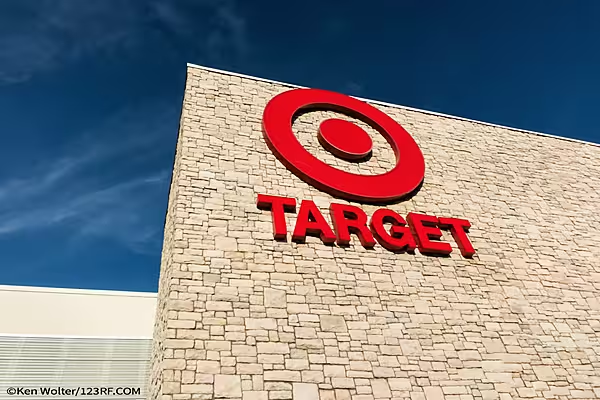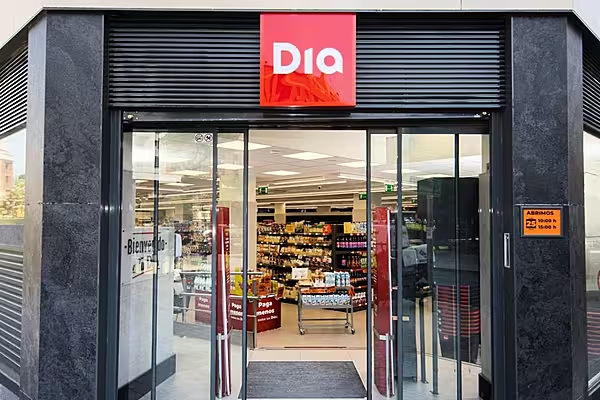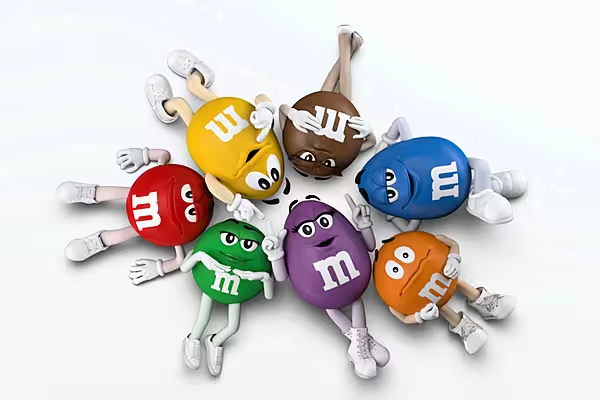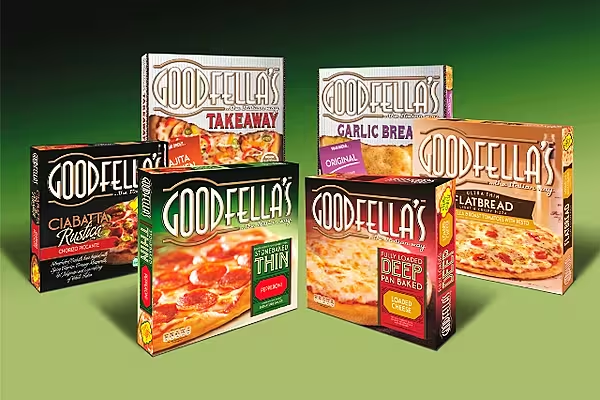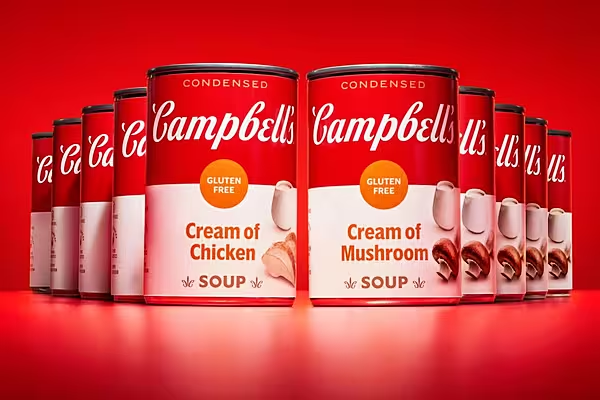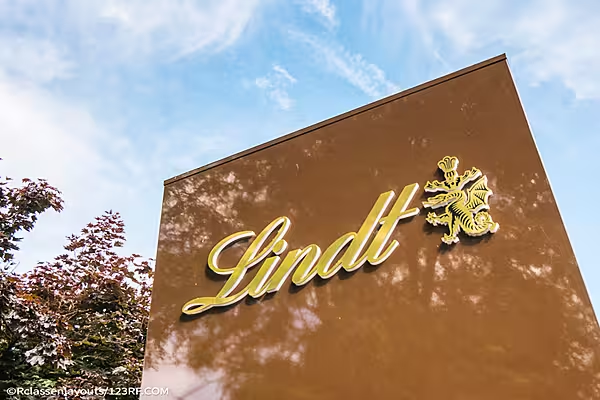Maybelline owner L'Oréal has reported accelerated sales growth in the second quarter partly due to resurging makeup sales in the United States as COVID-19 lockdowns ease, and salons using more professional products.
High-end fashion labels have benefited from booming Chinese and US demand in recent quarters, helping revenues at luxury goods groups like LVMH bounce back, and L'Oréal posted similar trends as vaccination campaigns progress and people begin to socialise more.
The French group, which also owns brands like Lancome and makes Armani cosmetics, said sales of high-end perfumes were on the rise, while makeup revenues, which have been struggling for several years, were recovering.
New chief executive Nicolas Hieronimus, a L'Oréal veteran who took the helm in May, told Le Figaro newspaper that cosmetics and fragrances sales had yet to recover to pre-2020 levels, although the group's overall revenues are now growing versus 2019.
Divisional Performance
Some of the L'Oréal divisions which have faltered compared to others, such as the consumer goods unit that houses products sold in supermarkets, benefited from the makeup uptick. The professional products division that sells to hair salons also posted a big revenue jump.
L'Oréal had relied on its e-commerce business during lockdowns last year to reach consumers, who lapped up hair care treatments and skin creams, but store closures hurt sales.
Overall Sales
Overall group sales reached €7.6 billion ($9.03 billion) in the second quarter, growing by 33.5% when stripping out currency swings and acquisitions.
That was up from 10.2% like-for-like sales growth in the previous three months, and beat a consensus for 27.5% growth cited by Credit Suisse.
Hieronimus said in a statement there would be more product launches in the second half of 2021.
Operating margins rose to 19.7% of sales by the end of the first half, with operating profit up 26.8% to €3 billion.
'Well Positioned To Continue To Grow'
Hieronimus added, "L'Oréal has again gained strength in the early part of the year and is well positioned to continue to grow at its pre-crisis pace, leveraging on technology, data and Artificial Intelligence to become the Beauty Tech company.
"In the second half of 2021, we will pursue our offensive product launch strategy while at the same time investing in relevant growth drivers to spur the future growth and the desirability of our brands. We are more confident than ever in our ability to outperform the market and achieve a year of growth in both sales and results."
In April of this year, the Lancome maker posted a pickup in sales in the first quarter, helped by strong growth in China, and said there were early signs that make-up demand would make a comeback after the COVID-19 pandemic.
